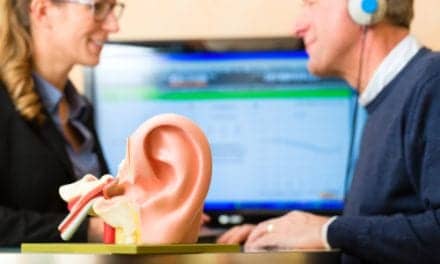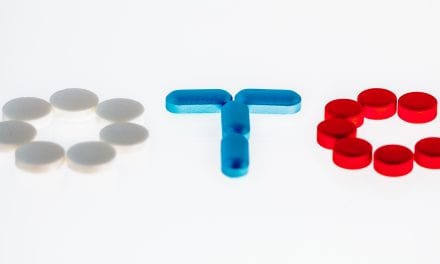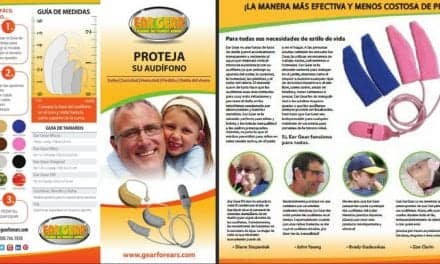
The company says the FDA chose an expedited review process, because the device “represents a breakthrough technology.”
In clinical trials, the device averaged a statistically significant increase in gain above hearing aids for speech reception threshold (SRT) and word recognition scores (WRS). “This is huge," said Patrick Spearman, CEO of Envoy, in a statement. "It means that sufferers of sensorineural hearing loss [approximately 90% of hearing loss sufferers] can now have a chance to hear much better than with conventional hearing aid technology”.
Unlike hearing aids, the Esteem does not use a microphone or a speaker. Instead, it uses the natural ear drum to detect sounds and sends a clear message to the brain, via the auditory nerve, by stimulating the cochlea with its prosthetic stimulator. Shelly Amann, the company’s president, said that once implanted, Esteem is invisible—not just to others, but the patient is also unaware of its presence in their body. "Recipients can resume a normal life,” she said.
The direct cost to the recipient for the device and implant surgery is approximately $30,000, according to the company, adding that financing options are available. The pacemaker‐type battery may last up to 9 years, and never needs to be recharged.
For more information, visit the Web site, or call (866) 950‐4327.
[Source: Envoy]




